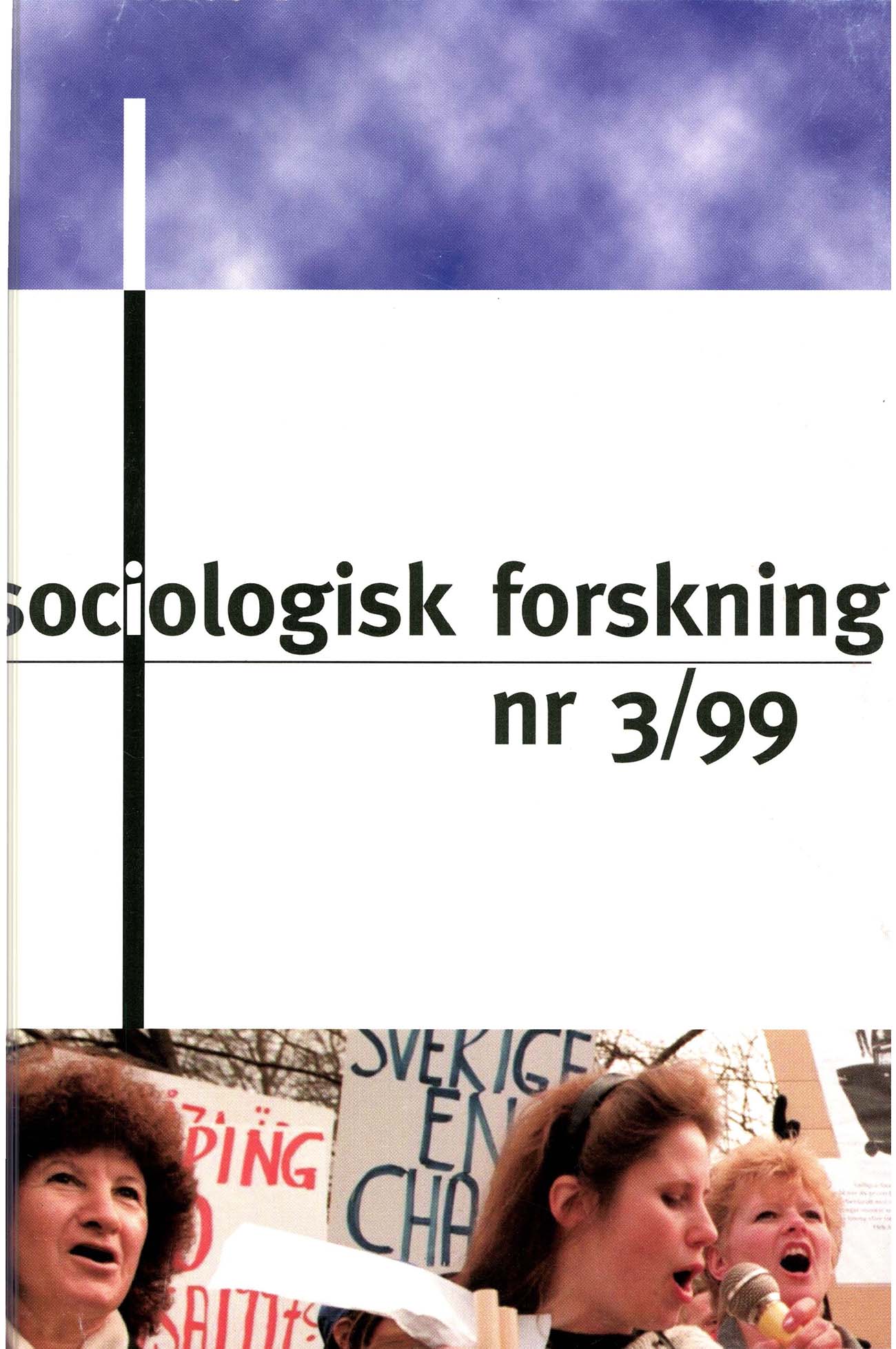Den virtuella verklighetens tillväxt och det intellektuella samtalets förfall i forskarsamhället
DOI:
https://doi.org/10.37062/sf.36.18495Abstract
The growth of virtual reality and the decline of intellectual dialog in the community of social scientists
For about two decades now, leading Swedish economists have been arguing that the expansion of Sweden's welfare state since 1970 has caused its economic growth to lag behind that of other comparable countries. As main evidence for this causal interpretation, they have pointed to the fact that since the early 1970s Sweden's percentage growth of GDP per capita has been below the OECD-average. In these terms, however, Sweden's growth lagged behind the OECD-average by the same amount already in the 1950s and 60s, the effect thus preceding its assumed cause by two decades. Furthermore, also other relatively rich countries such as Switzerland and the United States, have had percentage growth rates below the OECD-average. This reflects the so called catch-up effect, which tends to give the originally less rich countries a higher percentage growth rates than the originally rich countries, among them Sweden, Switzerland and the United States. A causal interpretation of this percentage difference to the OECD-average in terms of a ”Swedish” welfare state is thus not possible. Henrekson is however a true believer in the irrelevance of the catch-up effect, something which makes him shut his eyes.
Downloads
Published
How to Cite
Issue
Section
License
All content in Sociologisk Forskning is published with immediate open access, under the Creative Commons license CC BY-NC-ND 4.0.
All content may be read, downloaded, shared and printed for non-commercial purposes, free and without fees. Contents may not be altered. When content is reused, author, source and a link to the copyright licence must be provided. The author retains copyright to their content. No publication fees are charged.





